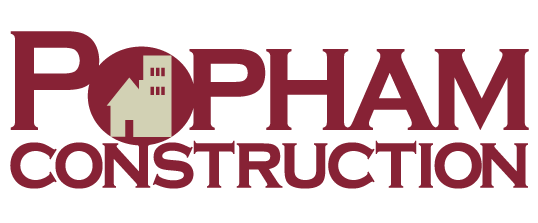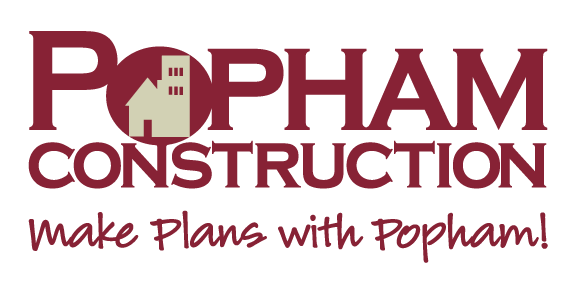Quartz
Pros: Best for busy kitchens and baths. It’s stain- and heat-resistant and low-maintenance. It doesn’t need sealing.
Cons: Sharp edges and corners can chip.
Ultracompact
(Introduced in 2013, Dekton by Consentino is made from a combination of quartz, porcelain, and glass).
Pros: Good at resisting heat, stains, cuts, and abrasions.
Cons: It may chip or crack if a heavy pot is dropped.
Marble
Pros: Best for a classic stone look in low-traffic areas, such as a baking zone or a guest bathroom.
Cons: It’s more porous than granite, so it’s not as stain-resistant. It also scratches easily, isn’t very heat-resistant, and needs periodic sealing.
Limestone
Pros: Best for a natural stone look without heavy veining or graining in a low-traffic kitchen or bathroom. It withstands heat very well.
Cons: It’s a very soft stone that is easily sliced, nicked, and scratched. It’s also porous, so it may stain even when it’s properly sealed.
Granite
Pros: Best for a natural stone look. It can withstand heavy use. It resists stains when it’s properly sealed, and it also resists heat and scratches.
Cons: It needs resealing to protect it from stains. Color and grain can differ from samples, so it’s best to choose at a local stone yard.
Soapstone
Pros: Beautiful stone for a low-traffic kitchen. Withstands heat and scratches can be repaired.
Cons: It needs periodic rubbing with mineral oil and can stain. Color and grain can differ from samples, so it’s best to choose at a local stone yard.
Solid Surfaces
(Composites man-made from resins and mineral fillers)
Pros: Best for seamless installations, especially in bathrooms. Many colors and styles are available, including those that mimic marble, concrete, stone, and quartz. It’s stain-resistant, and small nicks and scratches can be repaired.
Cons: It’s easily scratched. Stone finishes can look more uniform than natural.

